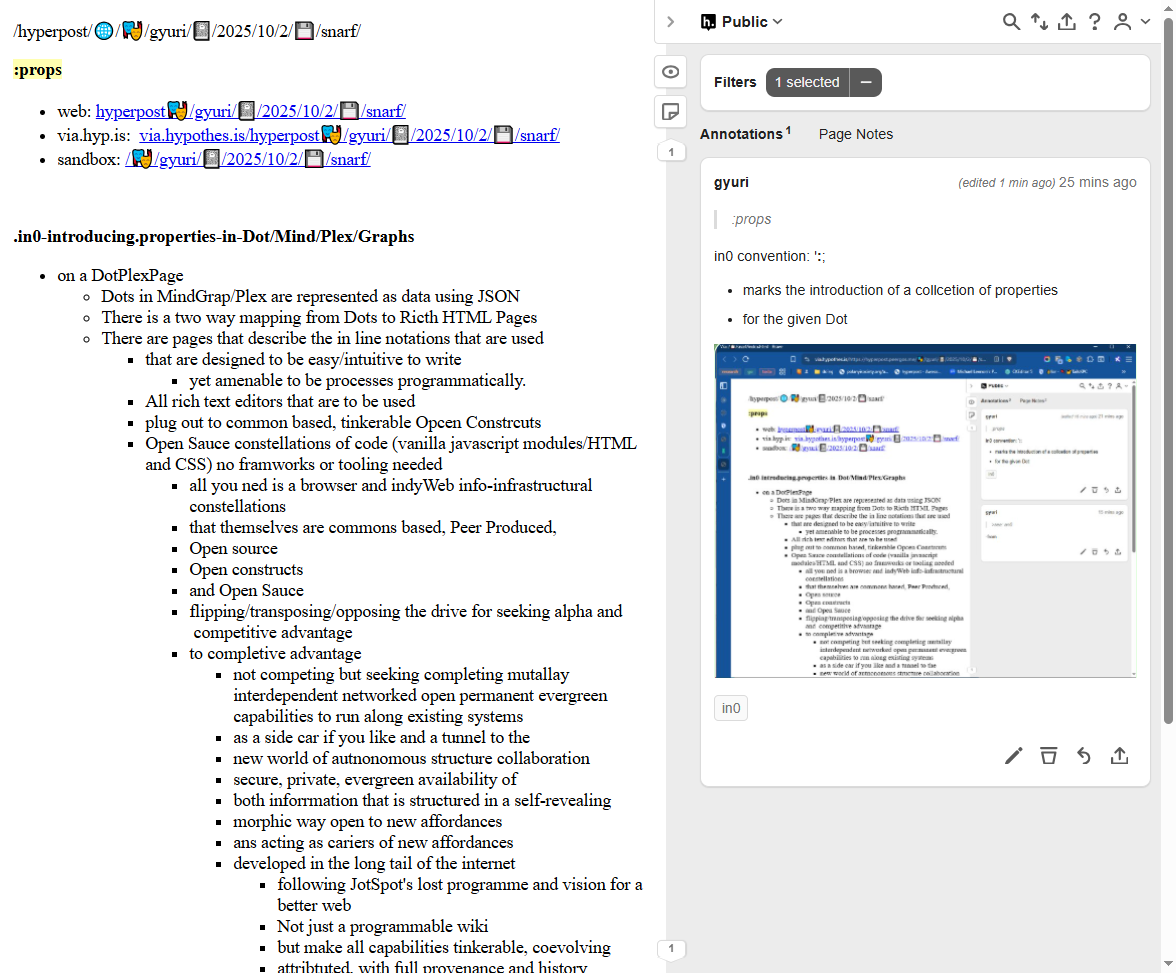Annorations - live youtube event - Urban dev in era of geopolitical change
- https://www.youtube.com/live/555ncdksVO0
Notes
- Bloxhub is a consulting company working on the frontiers
- panel debate with
- Michela Magas (Director of Research and Innovation at the Industry Commons Foundation),
- Helle Søholt (CEO, Gehl Architects) &
- Indy Johar (Executive Director, Dark Matter Labs). Moderator is Andrew Dubber.
IJ
- don't have copper infrastructure to electrify everything
- we can only building 144,000 homes in all of EU but UK alone wants to build 350,000 homes
- service and management processes that built our cities are no longer viable
- probably looking at 3 Deg C GMT
- 5 deg C higher on land
- 8 deg C higher in city
- if food prices are too high, the social contract is broken
- we are living in a bubble of the idea of the city that is outdated
- geoBIOLOGICAL factors
- how radical can we get?
- incremental change is not enough
- what is the radical re-imagination required?
- AI - 1-on-1 with energy, cognitive inequality = energy inequality = AI inequality
- How do we operate in a post-labor economy?
- Human economy is radically different
- Need to operate between the philosophy and the technical
HS
- polycrisis - addressing it is challenging
- people are talking about the positive outcome - EU countries coming together
- I'm spokesperson for new architecture policy of Denmark
- cultural, planning and housing minister all meeting - unprecedented
- Using what we already have:
- idling resources of empty buildings
- Urban nature / biodiversity
- More urban green
- re-imagine the future EU city
- energy transition - localized
- Inclusiveness
- Bloxhub advocates the Copenhagen model
- On US side, 1/3 of our revenues are from US
- public sector
- real estate dev
- 25% of US malls closing down
- philanthropy
- recently, due to Trump govt policies:
- 5 projects closed due to DEI
- climate action plans in jeopardy
MM
- translating philosophy into technology as per IJ but also
- translating morality into technology
- New European Bauhaus High Level Round Table
- 18 experts
- value mapping
- justice is high priority
- Quote - Alan X - Unless ideas are massaged into reality, they evaporate
- Ecosystem Living
discussion
HS
- Copenhagen is the most livable city in the world now
- but will it be the most resilient?
- We need to think extremely long term
- but we are searching for a new model
- The infrastructure-led approach is not going to be enough to deal with the social and political crisis
- We at Gail are searching for a more problem or culture led approach
IJ
- Walked past a beautiful piece of jewelry but behind that visible beauty is invisible violence
- Copenhagen as most livable city, is backed by invisible high carbon intensity
- Have to think about the systems in which our human system exist within
- There's a shadow behind a wellbeing city
- We need a new theory of abundance
- Regenerative supply chains - required but are difficult
- If we consider externalities, we have to multiply by 10x
- The future is not just infrastructure but multiple portfolios
- City must go from representation to participation
- perspective shift - from austerity to abundance
- Edo period of Japan was already a circular economy
- Need to construct the new politics of abundance and abundance economy is based on intangibles
MM
- joining together many small groups is important
? What's the next steps?
HS
- THere is innovation capacity at a neighborhood level
- We need to find ways to give agency to citizens
- Locating intermediate organizations to lead the way
IJ
- Look at the shadow, don't run away from it
- Book - In praise of shadow
MM
- cities give us a template to look into public commons
- state owned on one side, corporate on the other
- public commons
